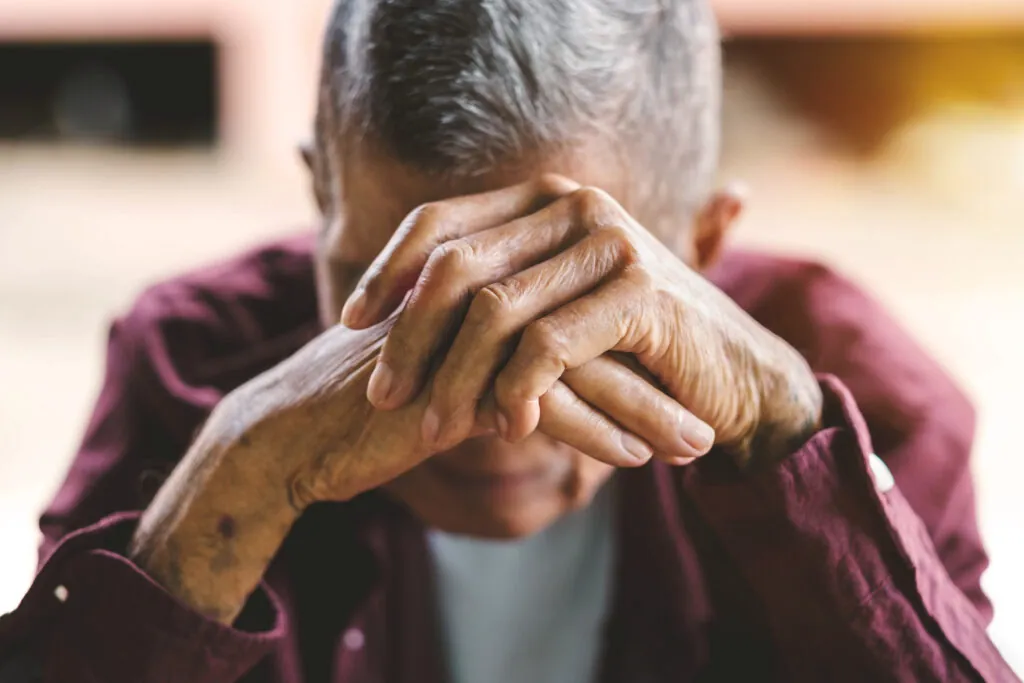Florida’s Reporting Requirements for Suspected Nursing Home Abuse
Suspected Nursing Home Abuse
Nursing home abuse is a grave issue affecting countless elderly residents in Florida. It encompasses a range of harmful actions, including physical, emotional, and financial abuse, as well as neglect. The significance of this issue cannot be overstated, as it impacts the health, safety, and dignity of some of the state’s most vulnerable citizens.
Types of Nursing Home Abuse
Physical abuse involves any intentional act causing injury or trauma to a resident, such as hitting, slapping, or improper use of restraints. Emotional abuse includes actions that cause psychological harm, such as verbal insults, threats, and isolation. Financial abuse occurs when a resident’s money or property is misused, often by caregivers or even family members. Neglect, another form of abuse, happens when caregivers fail to provide the necessary care, leading to harm or discomfort.
Prevalence and Significance in Florida
In Florida, the prevalence of nursing home abuse has prompted significant concern among families and advocacy groups. The state’s large elderly population and the growing number of nursing homes highlight the need for robust measures to protect residents. Recognizing the signs of abuse and understanding the legal requirements for reporting are crucial steps in addressing this issue effectively.
Legal Framework and Mandatory Reporting Laws
Florida has established stringent laws to safeguard nursing home residents from abuse. These laws mandate that certain individuals report suspected abuse to the appropriate authorities. The primary statutes governing this area are found in Florida Statutes Chapter 400, which outlines the rights of nursing home residents and the responsibilities of caregivers.
Mandatory Reporters and Legal Obligations
Mandatory reporters include healthcare professionals, social workers, law enforcement officers, and other individuals who interact with nursing home residents in a professional capacity. These individuals are legally obligated to report any suspected abuse immediately. Failure to report can result in legal consequences, including fines and other penalties.
The Florida Abuse Hotline
The Florida Abuse Hotline, managed by the Department of Children and Families (DCF), is the central agency for receiving reports of abuse. Reports can be made anonymously, ensuring that mandatory reporters and concerned individuals can report abuse without fear of retribution. The hotline operates 24/7, providing a critical lifeline for vulnerable residents.
Identifying Signs of Nursing Home Abuse
Recognizing the signs of nursing home abuse is essential for timely intervention. While some indicators are overt, others can be subtle and easily overlooked.
Physical Abuse Indicators
Look for unexplained bruises, cuts, burns, or fractures. Pay attention to repeated injuries or patterns suggesting the use of restraints.
Emotional Abuse Indicators
Signs include sudden changes in behavior, withdrawal from social interactions, and visible fear or anxiety around certain caregivers.
Financial Abuse Indicators
Unusual bank account activity, missing personal belongings, and sudden changes in financial documents, such as wills or powers of attorney, are red flags.
Neglect Indicators
Indicators of neglect include poor personal hygiene, unattended medical needs, unsanitary living conditions, and significant weight loss. Family members and friends should be vigilant during visits, noting any changes in the resident’s physical appearance, behavior, or environment. Open communication with the resident and other staff members can also provide insights into potential abuse.
Steps for Reporting Suspected Abuse
Reporting suspected nursing home abuse in Florida involves several steps to ensure the resident’s safety and compliance with legal requirements.
Immediate Action
If the resident is in immediate danger, call 911 or local law enforcement. Ensure the resident receives necessary medical attention if injured.
Gather Information
Collect as much information as possible about the suspected abuse. This includes the resident’s name, the facility’s name and address, details of the suspected abuse, and any evidence, such as photographs or witness statements.
Contact the Florida Abuse Hotline
Call the hotline at 1-800-96-ABUSE (1-800-962-2873) or file a report online through the DCF website. Provide all gathered information to facilitate the investigation.
Follow-Up
After reporting, follow up to ensure the case is being investigated. Keep detailed records of all communications and actions taken.
Seek Legal Advice
Contact an attorney specializing in elder law or nursing home abuse cases to explore legal options for protecting the resident and seeking justice.
Legal Support and Advocacy
Rafferty Domnick Cunningham & Yaffa is dedicated to supporting victims of nursing home abuse and their families. With extensive experience in elder law, our firm provides comprehensive legal services to ensure the rights and well-being of nursing home residents are upheld.
Thorough Investigations
Our team conducts thorough investigations to gather evidence and build strong cases against perpetrators of abuse. We work closely with medical professionals, social workers, and law enforcement to ensure a multidisciplinary approach to each case. Our goal is to secure justice for our clients while advocating for systemic changes to prevent future abuse.
Success Stories
Rafferty Domnick Cunningham & Yaffa has successfully represented numerous families in nursing home abuse cases, achieving favorable outcomes that include financial compensation and improved care for residents. Our firm is committed to holding negligent caregivers and facilities accountable for their actions.
Contact Rafferty Domnick Cunningham & Yaffa Today
Nursing home abuse is a critical issue in Florida, requiring vigilant attention and prompt action. Understanding the legal framework, recognizing the signs of abuse, and knowing how to report suspected abuse are essential steps in protecting vulnerable residents. Rafferty Domnick Cunningham & Yaffa stands ready to assist families in navigating these challenges, providing expert legal support and advocacy to ensure the safety and dignity of nursing home residents. If you suspect nursing home abuse, do not hesitate to take action – your efforts can make a significant difference in the lives of those who need it most. Reach out to us at 561-516-5168 or book a consultation online to schedule a consultation and learn more about how we can assist you.



